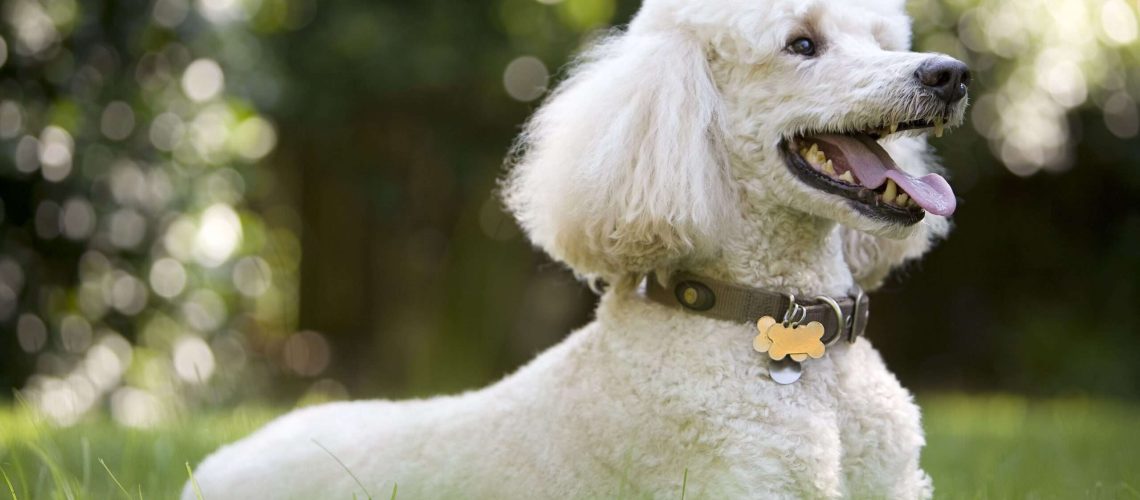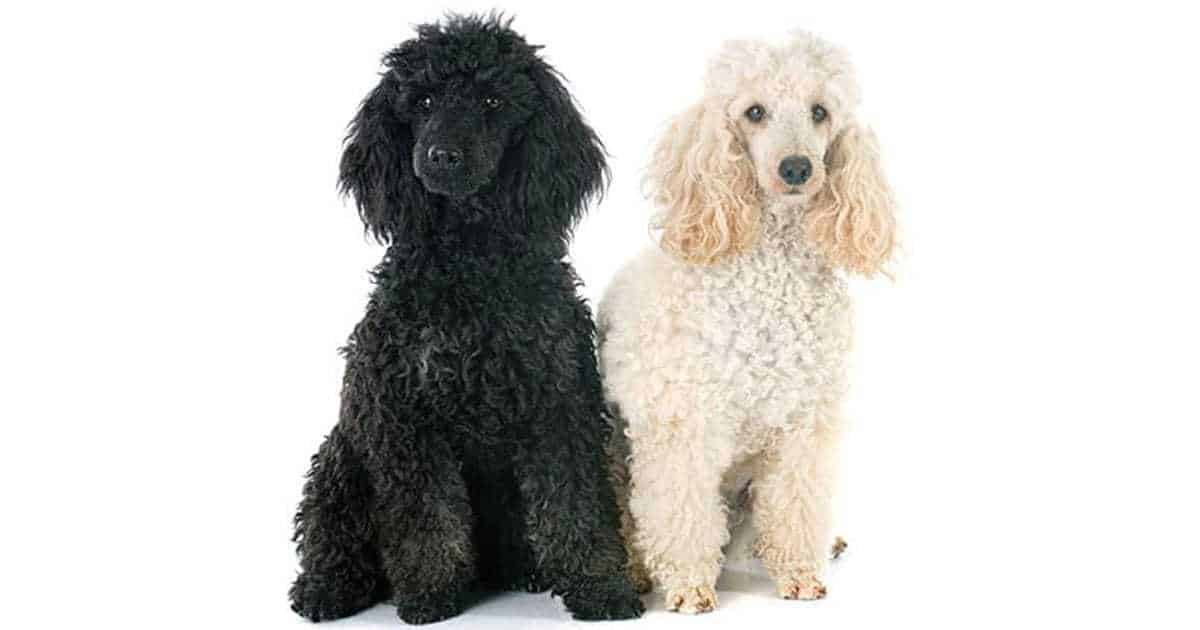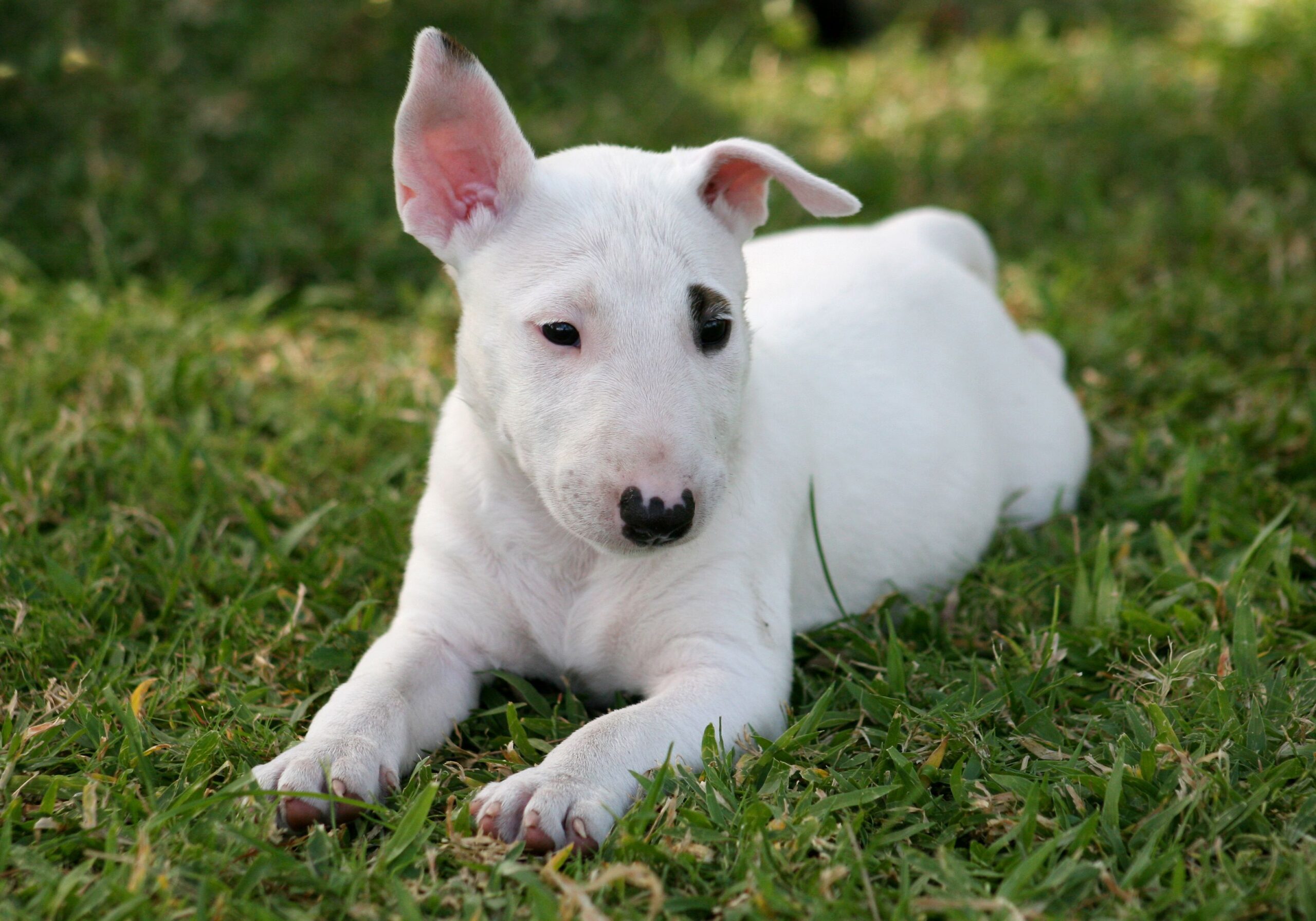Key Takeaways:
- Poodles are highly intelligent and trainable dogs, making them easy to teach and obedient.
- They have a hypoallergenic coat that doesn't shed much, but it requires regular grooming to prevent matting.
- Poodles come in three sizes: standard, miniature, and toy. Each size has different exercise and space requirements.
- Regular exercise is essential for poodles to prevent boredom and maintain their physical and mental well-being.
- Proper socialization from an early age is crucial for poodles to ensure they develop into well-behaved and friendly dogs.
Are you curious about poodles? These adorable dogs are not only cute, but they also have some fascinating characteristics that make them stand out from other breeds. Whether you're a dog lover or just interested in learning something new, delving into the world of poodles can be a rewarding experience. Understanding this topic is essential because it allows us to appreciate the unique qualities of these furry friends and provides valuable insights into their care and well-being. So, if you're ready to explore the wonderful world of poodles, let's dive right in!
What is a Poodle and what makes it special?
A Poodle is a breed of dog that is known for its curly, dense coat and elegant appearance. They are often considered one of the most intelligent dog breeds and have a friendly and playful personality. Poodles are also highly trainable and have been used in various roles such as hunting, circus performing, and assistance dogs.
One thing that makes Poodles special is their unique coat. Unlike many other breeds, Poodles have hair instead of fur, which means they shed less dander and are often considered hypoallergenic. This makes them a great choice for people with allergies or asthma who still want to have a furry companion.
Poodle Varieties
Poodles come in three different sizes: standard, miniature, and toy. The standard Poodle is the largest variety, standing over 15 inches tall at the shoulder. Miniature Poodles are smaller, usually between 10 to 15 inches tall. Toy Poodles are the smallest variety, measuring less than 10 inches tall.
Standard Poodle:
- Tallest variety
- Often used as working dogs or show dogs
- Lively and active
Miniature Poodle:
- Slightly smaller than the standard variety
- Frequently kept as family pets
- Playful and affectionate
Toy Poodle:
- The smallest variety of Poodle
- Ideal for apartment living or small spaces
- Lively and intelligent companions
How big do Poodles get and what are the different sizes?
Poodle Sizes
Poodles come in three different sizes: standard, miniature, and toy. The standard Poodle is the largest, standing over 15 inches tall at the shoulder. They can weigh anywhere between 45 to 70 pounds. Miniature Poodles are smaller, measuring between 10 to 15 inches tall and weighing around 15 to 20 pounds. Finally, toy Poodles are the smallest of the bunch, standing under 10 inches tall and weighing only about 5 to 10 pounds.
Factors Affecting Size
The size of a Poodle is determined by genetics and breeding. If both parents are standard-sized, their offspring will likely be standard as well. Similarly, if both parents are miniature or toy-sized, their puppies will belong to the same size category. However, sometimes breeders intentionally mix different sized Poodles to create specific sizes like "teacup" or "royal" variations.
Teacup and Royal Poodles
While not officially recognized by kennel clubs, teacup and royal Poodles have gained popularity in recent years. Teacup Poodles refer to extremely small toy-sized Poodles that weigh less than four pounds when fully grown. On the other hand, royal Poodles are larger than standard ones, often reaching heights of over 24 inches at the shoulder.
It's important to note that these extreme size variations may come with health issues due to breeding practices aimed at achieving such sizes. Responsible breeders prioritize the overall health and well-being of their dogs rather than focusing solely on creating uncommonly small or large variations.
Overall, whether you prefer a compact toy Poodle or a majestic standard one, there's a size for everyone!
Are Poodles hypoallergenic, and why is this important?
Hypoallergenic Coats
Yes, Poodles are considered hypoallergenic dogs. This means that they are less likely to cause allergies or trigger allergic reactions in people who are sensitive to pet dander. Poodles have a unique coat that sheds minimally, making them a great choice for individuals with allergies.
Why Hypoallergenic Matters
Allergies can range from mild discomfort to severe respiratory issues, so finding a hypoallergenic dog breed like the Poodle can be life-changing for allergy sufferers. The reduced shedding of Poodles means there is less dander (dead skin cells) and fewer allergens in the environment, minimizing the risk of triggering allergies.
Additionally, having a hypoallergenic dog allows individuals with allergies to experience the joys of owning a pet without constantly suffering from symptoms such as sneezing, itching, or watery eyes. It opens up opportunities for companionship and emotional support that might otherwise be limited due to allergies.
If you or someone in your family has allergies but still dreams of having a furry friend, consider welcoming a Poodle into your home. Not only are they adorable and intelligent, but their hypoallergenic coats make them an ideal choice for allergy-sensitive households.
(Note: While Poodles are considered hypoallergenic, it's important to remember that individual sensitivities may vary. It's always recommended to spend time with a Poodle before committing to ensure compatibility with any potential allergies.)
What kind of coat does a Poodle have, and how should it be groomed?
Poodle Coat Types
Poodles have a unique coat that consists of dense, curly hair. There are three main types of Poodle coats: curly, corded, and wavy. The curly coat is the most common and recognizable type. It forms tight curls all over the body, giving the Poodle its iconic fluffy appearance. Corded coats are less common and require special grooming techniques to create long, hanging cords of hair. Wavy coats fall somewhere in between, with loose curls that give a more relaxed look.
Grooming Needs
Regardless of the coat type, Poodles require regular grooming to keep their coats healthy and free from mats or tangles. Grooming involves brushing their fur at least once a week to prevent matting and remove any debris or dirt. Additionally, Poodles need professional grooming every 4-6 weeks to maintain their coat's shape and length.
To groom a Poodle properly, it is essential to use the right tools such as slicker brushes or metal combs designed for curly hair. Trimming their nails regularly is also important to prevent discomfort or injury. Some owners choose to keep their Poodles' coats short for easier maintenance, while others prefer longer styles that require more attention.
Overall, proper grooming not only keeps your Poodle looking stylish but also ensures their comfort and well-being.
Are Poodles really smart, and how can we keep them mentally active?
Poodles: Intelligent Breeds
Poodles are widely recognized as one of the most intelligent dog breeds out there. Their high level of intelligence makes them quick learners and eager participants in various activities. This breed excels in obedience training and can easily pick up new commands or tricks.
Mental Stimulation
To keep Poodles mentally active and prevent boredom, it is crucial to provide them with plenty of mental stimulation. Engaging their minds through interactive toys, puzzle games, and training sessions can help satisfy their intellectual needs. Teaching them new tricks or participating in dog sports like agility or obedience trials can also challenge their intelligence.
Regular exercise is essential for a Poodle's overall well-being, but mental exercise is equally important. Incorporating activities that require problem-solving or decision-making can help keep their minds sharp and prevent behavioral issues that may arise from boredom.
Remember, a mentally stimulated Poodle is a happy and well-behaved companion!
Do Poodles need lots of exercise, and what activities are suitable for them?
Poodles' Exercise Requirements
Poodles may not be the most high-energy breed, but they still require regular exercise to maintain good health and prevent obesity. The amount of exercise needed depends on factors such as age, size, and individual energy levels.
Suitable Activities
While Poodles don't necessarily need intense workouts or long-distance runs, they do enjoy engaging in various activities. Daily walks are a great way to fulfill their exercise needs while providing mental stimulation through different scents and sights. Playing fetch in the backyard or at a local park can also be an enjoyable activity for both you and your Poodle.
Swimming is another fantastic exercise option for Poodles due to their water-repellent coats. It provides low-impact cardio while being gentle on their joints. Consider finding a safe swimming spot where your Poodle can splash around freely.
Additionally, enrolling your Poodle in dog sports like dock diving or canine freestyle dancing can offer them more structured physical activity while strengthening the bond between you two.
Remember to tailor the intensity and duration of the exercises based on your specific Poodle's needs and consult with a veterinarian if you have any concerns.
How should we train Poodles, and what behaviors are common for this breed?
Poodle Training Approach
Training a Poodle requires consistency, positive reinforcement, and patience. These intelligent dogs thrive on praise and rewards, making them highly trainable.
Common Behaviors
Poodles are known for their friendly and playful nature. They generally get along well with people of all ages, including children. However, like any dog breed, they may exhibit certain behaviors that need to be addressed through training.
One common behavior in Poodles is excessive barking. They can be vocal when bored or anxious. Consistent training using positive reinforcement techniques can help curb this behavior and teach them appropriate times to bark.
Another behavior trait is their tendency to be protective of their families. While this can be beneficial in terms of loyalty, it may also lead to overprotectiveness or aggression if not properly managed through socialization and training from an early age.
Poodles are also prone to separation anxiety due to their strong bond with their owners. Gradual desensitization techniques during puppyhood can help alleviate separation anxiety and ensure they feel secure when left alone.
Overall, training a Poodle should focus on reinforcing positive behaviors while addressing any specific challenges unique to the individual dog. With consistent training efforts and understanding of the breed's characteristics, you can raise a well-behaved and happy Poodle companion.
In conclusion, poodles are intelligent and friendly dogs that require regular grooming and exercise. With proper care and attention, they can make wonderful pets for families or individuals looking for a loyal and affectionate companion.
Are Poodles high or low maintenance?
Poodles are considered to be hypoallergenic because they do not shed much or at all. However, their thick and curly coats require a lot of maintenance and need to be groomed daily. It is important to be selective when choosing a breeder if you are purchasing a Poodle puppy.
What is the personality of a Poodle dog?
Poodles are well-known for being smart and easy to train. They are energetic, playful dogs who love to have fun. Poodles enjoy being the center of attention and may develop behaviors like excessive barking if they are ignored or left alone.
Are Poodles good house dogs?
Certainly, poodles are excellent choices for pets and can even be great family dogs. Their friendly nature, willingness to learn, and strong desire to bond with their owners make them a fantastic addition to any home.
Are Poodles easy to take care of?
If you're considering getting a poodle, make sure you're prepared for the responsibility it entails. Poodles require regular grooming, daily exercise, and mental stimulation. This applies to both standard and toy poodles.
What problems are Poodles prone to?
Health issues that commonly affect Poodles (including toy, miniature, and standard sizes) include Addison's disease, bloat, various thyroid problems, hip dysplasia, collapsed trachea, Progressive Retinal Atrophy, Sebaceous Adenitis, Legg-Calve-Perthes Disease, and epilepsy.
Are Poodles high anxiety?
Certain dogs may experience general anxiety if they do not receive enough exercise, while others may have a genetic predisposition for anxiety. Poodles, in general, are not genetically anxious, but individual Poodles may exhibit anxiety, which can be influenced by various environmental factors.

















